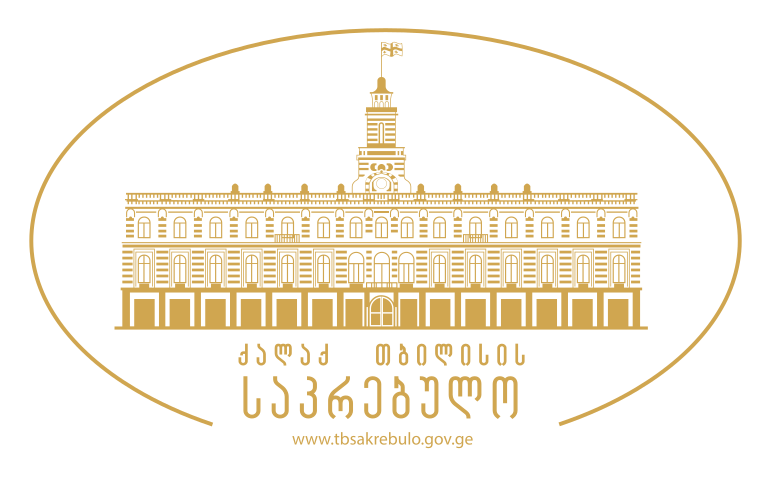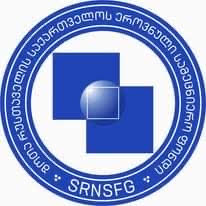Colonial, Postcolonial, Decolonial and Neocolonial Experiences: Rewriting Cultural History
- Agata Mrowinska - The Role of Oraliture in Creation of the Literary Third Space: The Caribbean Case
- Amirhossein Vafa (Iran) - American Studies in Shiraz
- Ângela Maria Dias -THE COLONIALIST LOGIC AND NECROPOLITICS: INDIGENOUS EXTERMINATION IN CONTEMPORARY BRAZILIAN LITERATURE
- Ayşegül Turan (Turkey) - In the Time of Empires: Inter-imperiality in Jamal Mahjoub’s In the Hour of Signs
- Catherine Grall - « Représenter la préhistoire à l’heure de l’anthropocène ou comment juger le caractère dominateur d’Homo Sapiens »
- Christian Dutilleux (Brasil) - Négritude, identité et territoire dans la littérature contemporaine
- Divya K. - The Historical Consciousness of the Dalit Discourses: Problematizing the Folkloric and Ethnographic Readings on Vadakkanpattukal
- Elzbieta Binczycka-Gacek - Third Space of Gender and Sexual Orientation. Queer African Voices – A Comparative Perspective.
- Engy Ashour Esmail Esmail Torky (Egypt) – “The Buried Past”: Childhood Trauma in Nadia Hashimi’s Sparks Like Stars
- Fang Leya - Rewrite the History of a Chinese-American Female: Narratology of The Lost Daughter of Happiness
- Gia Arganashvili (Georgia) - Perspectives on the Development of Literature in the Context of the Colonial Regime and the Independence of the Country
- GIORGADZE Marine (Georgia) - Medea from Colchis to Kolkhoz: Post- and De-Colonial Aspects
- Hao Zhu - Translation of Strange Encounters with Beautiful Women and Construction of Early Asianist Discourse
- Karina Sembe - Soldiers, Brothers, Tricksters: Social Mobility and Archival Presence of the African Diaspora in Colonial Latin America
- Katarzyna Mroczkowska-Brand - Illusions of Freedom. Third Space Sreated by Maroons: Fact and Fiction
- Lela Tsiphuria (Georgia) - Rethinking the Story of the Surami Fortress: Multicultural and Anti-imperial Dimensions of Georgian Novella and Films
- Luka Nakhutsrishvili (Georgia) - Egnate Ninoshvili and the Writing of Colonial Difference in Late Nineteenth-Century Russian Georgia
- Marine Sioridze (Georgia) - Le repésentation postcoloniale dans le “Cycle indochinois” de Marguerite Duras
- Marcio Seligamnn-Silva - Rosana Paulino and Marcelo Brodsky: Images as a way to refound history
- Marine Turashvili (Georgia) - Soviet Trauma and the Discourse Analysis of Narratives in Oral History
- Mattia Bonasia - Deux cases de "roman-monde": "Tout-monde" de Édouard Glissant et "Midnight's Children" de Salman Rushdie
- Mohamed Lamine RHIMI - La révolte rhétorique de l’Homme marginalisé dans les Antilles : la déchéance de la muse et l’a priori du terroir dans l’écriture d’Édouard Glissant
- Natasa Kovacevic - Anticolonial Intellectuals in Non-Aligned Yugoslavia
- Nazibrola Beridze Gabaidze - Toni Morrison’s Beloved: Corpus Linguistic Analysis of Postcolonial Trauma Narrative
- Olga Polovinkina (Russia) - The Idea of China in the British Political Writing of Two Epochs
- Olha Romanova - Littérature française de voyage et formation de collections de culture matérielle : patrimoine colonial.
- Pierre Folliet (USA) - Theorizing the Linguistic Split in Algeria: The Case of Francophone Berber Intellectuals
- Tehmina Pirzada - Cinematic empire and nostalgia in Viceroy’s House and Victoria and Abdul
- Rebecca Seewald - Travelling both ways: Cultural imaginations crossing frontiers in Roberto Bolaños 2666
- Rebeh DABBABI_RHIMI - L’écriture pamphlétaire dans Écrire en pays dominé (1997) de Patrick Chamoiseau : l’hérésie esthétique du Nègre marginalisé dans l’aire des Caraïbes
- Rehab Hassan Mahmoud Hassan - Chronotope and the Construction of Hybrid Identity in Leila Aboulela's Novel The Kindness of Enemies
- Rita de Pinna Parreiras (France) - Tainted power and sacred sweat: Religion and Marginalization in Brazil and Portugal.
- Rogério da Silva Lima (Brasilia) - Gilberto Freyre and the influence of East Asia on Brazilian culture
- SAFVAN PT - From Matriliny to Patriliny: Colonial Modernity and Notion of Fatherhood among Nairs in Malabar
- Salome Lomouri (Georgia) - Georgian poetry in the face of repression in the 1930s
- SAMPAYAN CHAKRABORTY - Translation as Cultural Resistance: in Search of Theories from Indian Literary Taditions
- Sara Guerrero Alfaro (Spain) - Internal colonialism in western Europe through Anzaldúa's Borderlands: in the process of dismantling the white-Europe myth.
- Saskia Vandenbussche - Functions and ethical Implications of ‘reverse Appropriation’ as heterolingual Strategy in P.F. Thomése’s Izak (2005) and Koen Peeters’ Duizend Heuvels (2012)
- Tamar Sharabidze, Anna Dolidze - Interrelation of censors and editors during the second half of XIX century or the reaction of the Caucasus Censorship Committee to the work of editors
- Tias Basu (India) - Institutional Formations post 1947: Tracing the Early Developments of Comparative Literature in India
- Trevor Donovan - (Re)Visiting and (Re)Considering the Geography of Australia with First Nation Literature.
- Yangxiaohan Zheng (Germany) - Barbary Captivity Narratives: Imperial Experiences Lived Through Ordeals
- Zainab Saeed El-Mansi (Egypt) - On the possibility of a Palestinian-Israeli unity in McCann’s Apeirogon
- Konstantine Bregadze (Georgia)- The Theme of War in Georgian and German Baroque Literature (Davit Guramishvili and Andreas Gryphius)
პროექტი განხორციელდა შოთა რუსთაველის საქართველოს ეროვნული სამეცნიერო ფონდის მხარდაჭერით [გრანტის ნომერი MG-ISE-22-170]
The Project was supported by Shota Rustaveli National Science Foundation of Georgia (SRNSFG) [grant number MG-ISE-22-170]
The Project was supported by Shota Rustaveli National Science Foundation of Georgia (SRNSFG) [grant number MG-ISE-22-170]


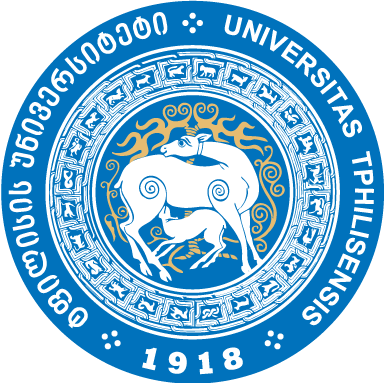


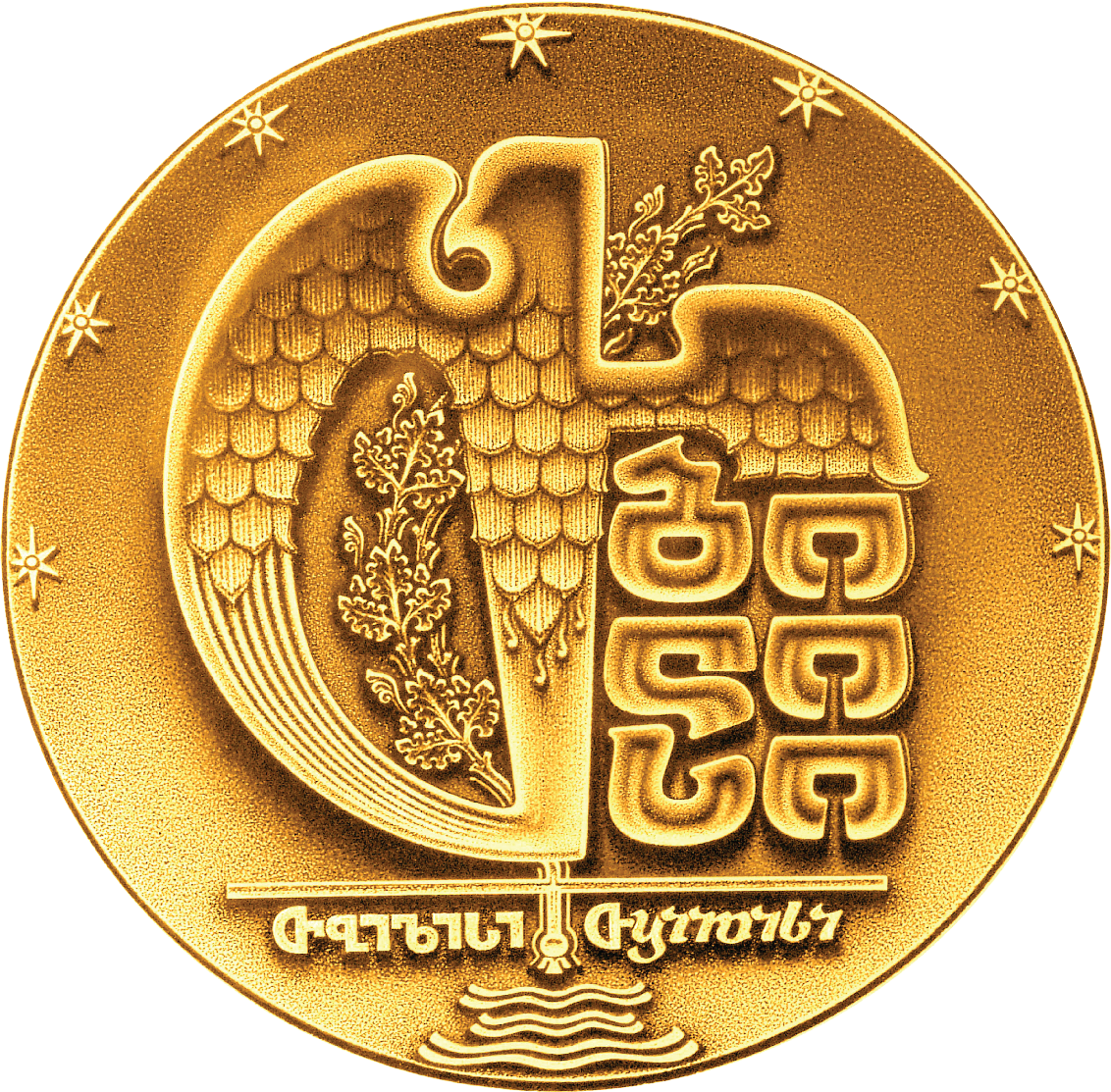

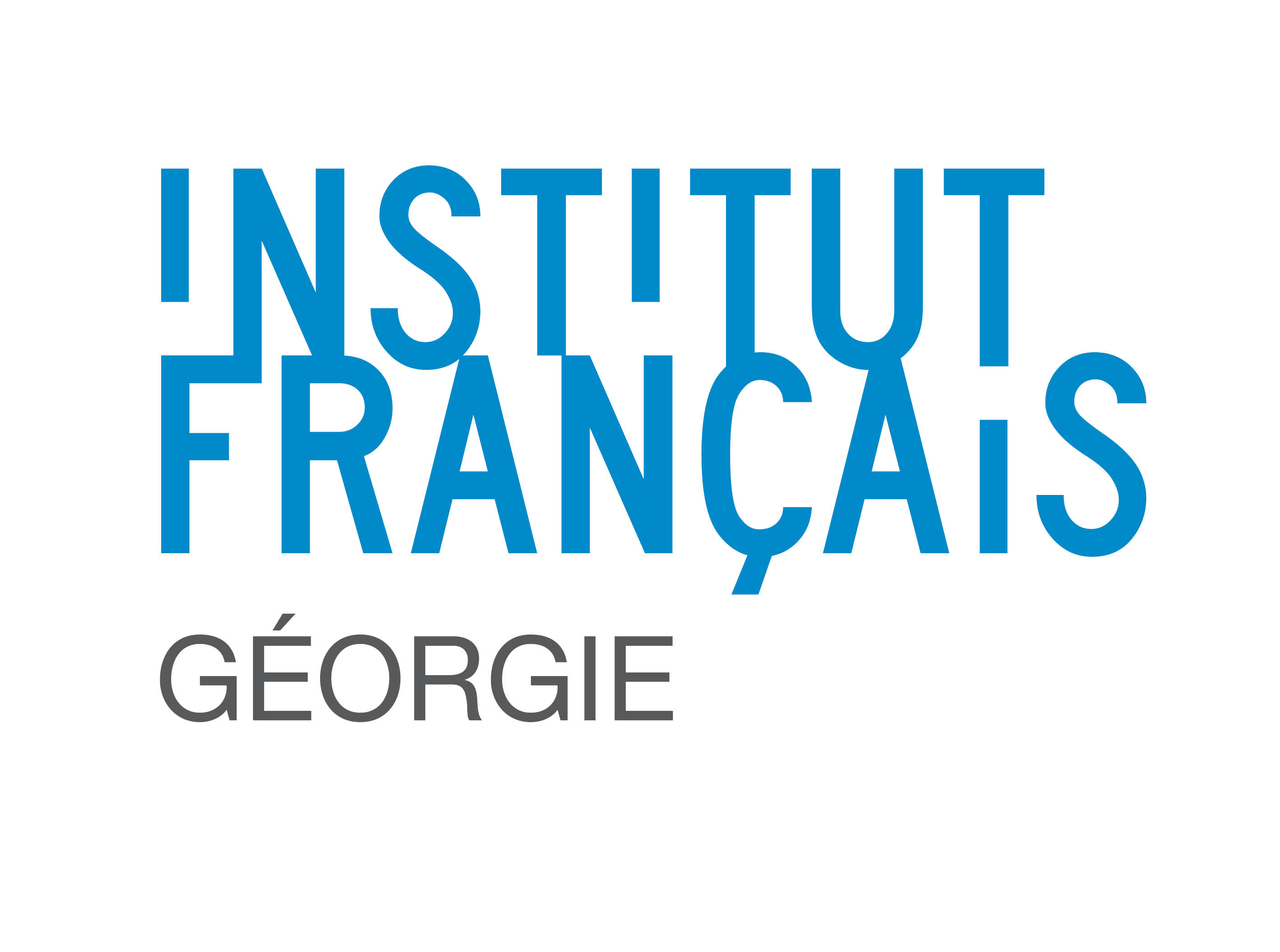




_001.png)

